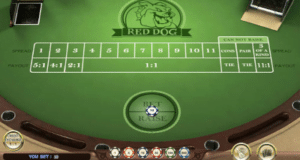The Art of Bluffing: How to Win at Poker
If you’re a fan of poker, then you know that one of the most important skills to have is the ability to bluff. Bluffing is a strategy used in poker where a player makes a bet or raises with a weak hand in order to deceive their opponents into thinking they have a strong hand. Bluffing can be an effective way to win a game or even a whole tournament, but it can also be a risky move that can cost you everything.
What is Bluffing in Poker?
Bluffing is a key component of poker, and it involves making your opponents believe that you have a better hand than you actually do. It’s a psychological tactic that can be used to gain an advantage over your opponents, and it can be an effective way to win pots that you would otherwise lose. Bluffing requires a certain level of skill and experience, and it’s important to know when to use it and when to avoid it.
Bluffing can be done in several ways. For example, a player can make a large bet or raise in order to make their opponents think they have a strong hand, or they can act confidently and aggressively to make their opponents believe that they have a strong hand. However, bluffing can also be risky, as it can lead to losing a lot of chips or even getting knocked out of the game entirely.
- In the next section, we’ll explore some of the key strategies and tips for successful bluffing in poker.
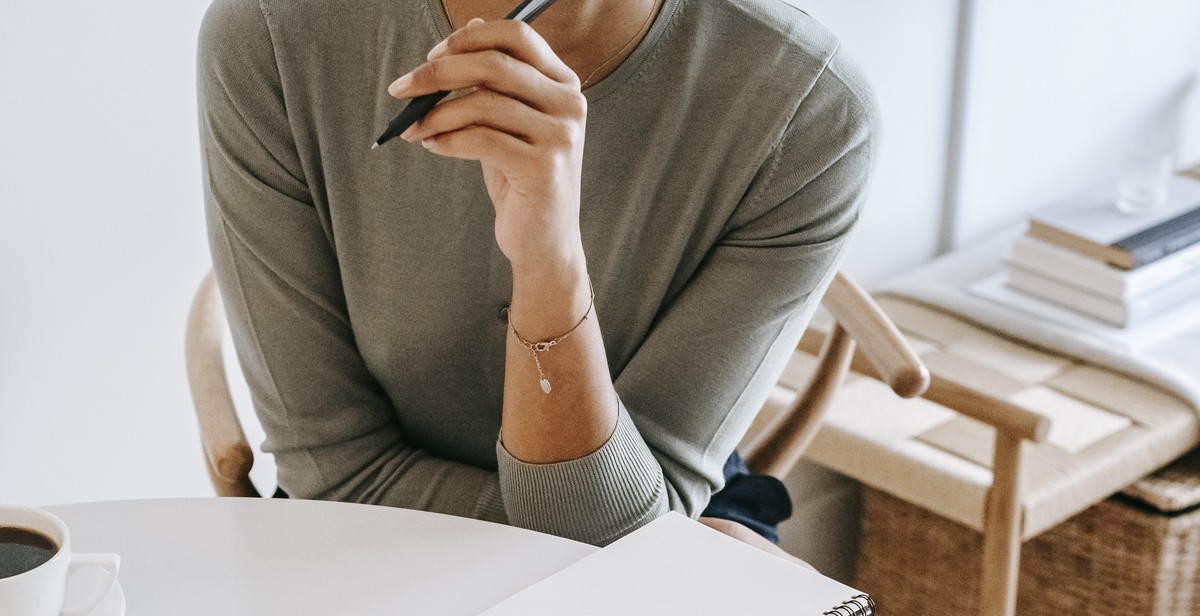
The Psychology of Bluffing
Bluffing is a crucial element in the game of poker, and it is essential to understand the psychology behind it to become a successful player. Bluffing involves deceiving your opponents into believing that you have a better hand than you actually do, in order to win the pot.
Understanding Your Opponents
The first step in bluffing is to understand your opponents. You need to analyze their playing style, their body language, and their betting patterns. This will help you to determine whether they are likely to fold or call your bluff. Players who are more cautious and conservative are less likely to call a bluff, while those who are more aggressive and confident are more likely to call.
Reading Your Opponents’ Tells
Another crucial element in bluffing is reading your opponents’ tells. Tells are physical or verbal cues that give away their hand or their intentions. Some common tells include facial expressions, body language, and betting patterns. For example, a player who is bluffing may avoid eye contact or fidget with their chips. By paying attention to these tells, you can gain insight into your opponents’ hands and whether they are likely to call your bluff.
Controlling Your Own Tells
Finally, it is important to control your own tells when bluffing. You need to be aware of your own body language and verbal cues, and work to eliminate any habits that may give away your intentions. For example, avoid fidgeting with your chips or looking at your cards too often. Instead, maintain a calm and confident demeanor, and try to project an image of strength and control.
- Understand your opponents’ playing style, body language, and betting patterns
- Read your opponents’ tells, including facial expressions, body language, and betting patterns
- Control your own tells by being aware of your body language and verbal cues, and projecting an image of strength and control
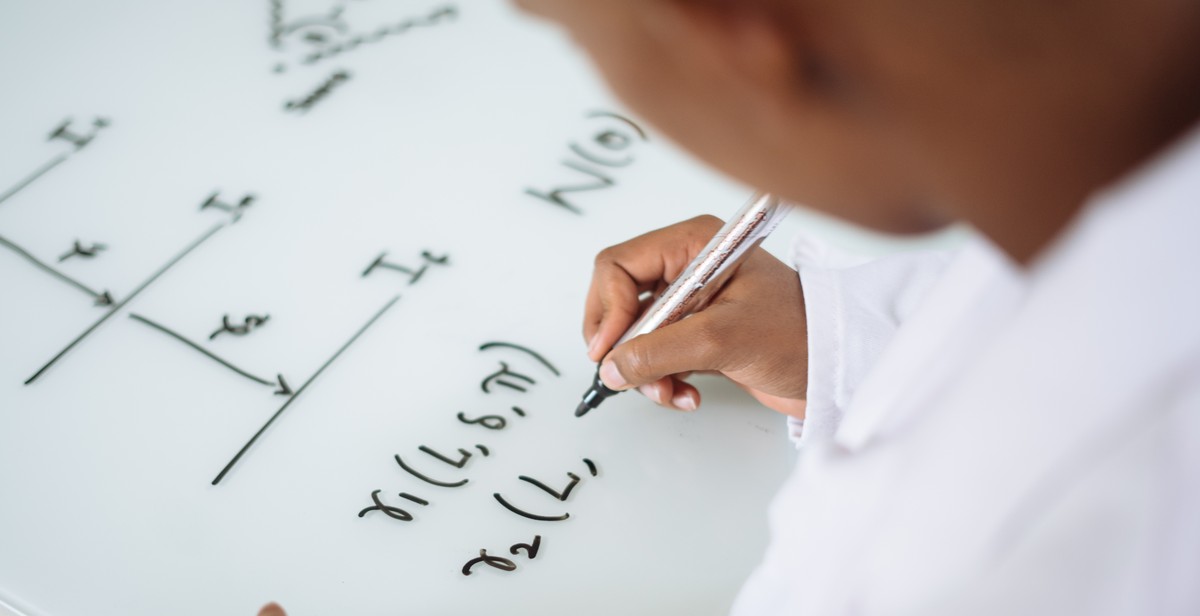
When to Bluff
Bluffing is a crucial aspect of poker gameplay. Knowing when to bluff can help you win big and make your opponents fold even when they have a better hand. However, bluffing can also be risky and can cost you a lot of chips if done at the wrong time. Here are some factors to consider when deciding when to bluff:
Assessing the Situation
The first thing to consider when deciding whether to bluff is the current situation. Are you playing in a tournament or a cash game? How many players are at the table? What is the current betting round? These factors can greatly affect the effectiveness of your bluff. For example, in a tournament, bluffing may be more effective in the early stages when the blinds are low, and players are less likely to call. In a cash game, bluffing may be more effective when the pot is large, and your opponents are more likely to fold.
Analyzing Your Hand Strength
Another factor to consider when deciding whether to bluff is your hand strength. Bluffing is more effective when you have a weak hand or no hand at all. However, if you have a strong hand, it may be better to play it safe and not bluff. For example, if you have a pair of aces, it may be better to bet and try to extract value rather than bluffing and risking losing the pot.
Considering Your Opponents’ Hand Range
The final factor to consider when deciding whether to bluff is your opponents’ hand range. What hands do you think your opponents could have based on their actions? Are they likely to call a bluff? If your opponents are tight and conservative, they may be more likely to fold to a bluff. However, if your opponents are loose and aggressive, they may be more likely to call a bluff. It is crucial to pay attention to your opponents’ tendencies and adjust your bluffing strategy accordingly.
- Assess the situation
- Analyze your hand strength
- Consider your opponents’ hand range
By considering these factors, you can make more informed decisions about when to bluff and increase your chances of winning at poker.
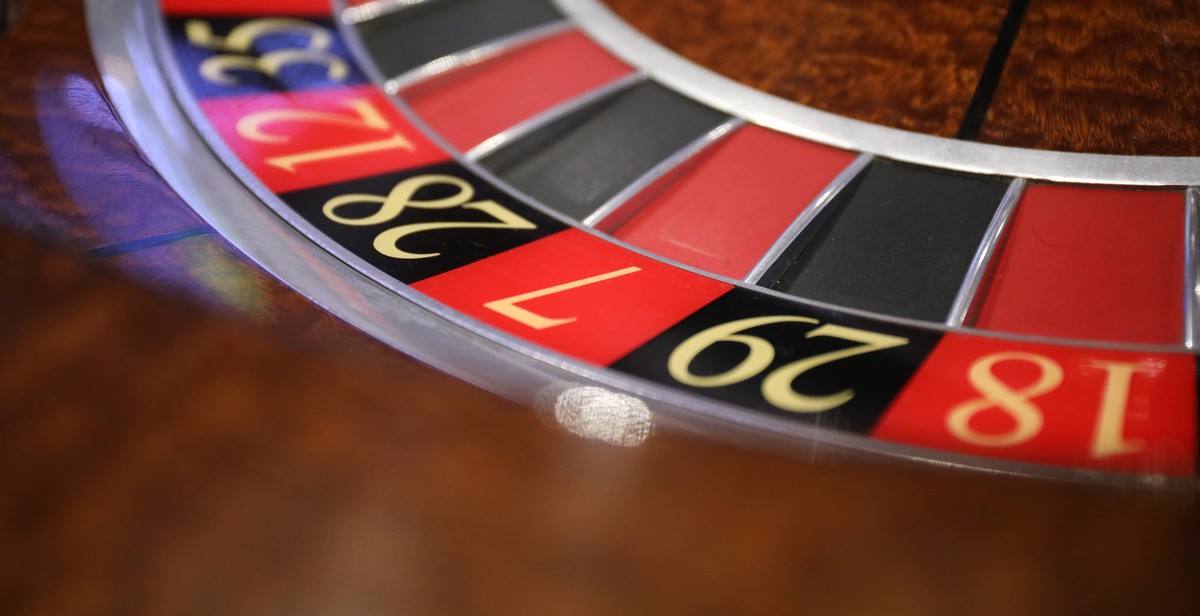
How to Bluff: Tips and Tricks for Winning at Poker
Bluffing is an essential part of poker. It’s a skill that separates the amateurs from the pros. Knowing when and how to bluff can make a big difference in your winnings. Here are some tips and tricks to help you master the art of bluffing.
Choosing the Right Spot
Bluffing is all about timing. You need to choose the right spot to make your move. Look for situations where your opponents are likely to fold. For example, if the board has a lot of high cards, and you’re holding a low pair, your opponents may assume you have a weak hand and fold. Also, pay attention to your opponents’ behavior. If they seem nervous or hesitant, it may be a good time to bluff.
Sizing Your Bet
The size of your bet can also affect the success of your bluff. If you bet too much, your opponents may suspect you have a strong hand and call your bluff. If you bet too little, they may call your bluff just to see what you have. The key is to make a bet that is big enough to scare your opponents but not so big that they think you’re overcompensating for a weak hand.
Using the Right Body Language
Your body language can also give away your bluff. If you’re nervous or fidgety, your opponents may assume you’re bluffing. On the other hand, if you appear confident and relaxed, they may think you have a strong hand. Keep your body language consistent throughout the game to avoid giving away any tells.
- Make eye contact with your opponents
- Keep your breathing steady
- Don’t fidget or touch your face
- Keep your posture upright
Practice these tips and tricks to improve your bluffing skills. Remember, bluffing is not just about deceiving your opponents. It’s also about reading your opponents and making educated guesses about their hands. With experience and practice, you can become a master bluffer and increase your winnings at the poker table.
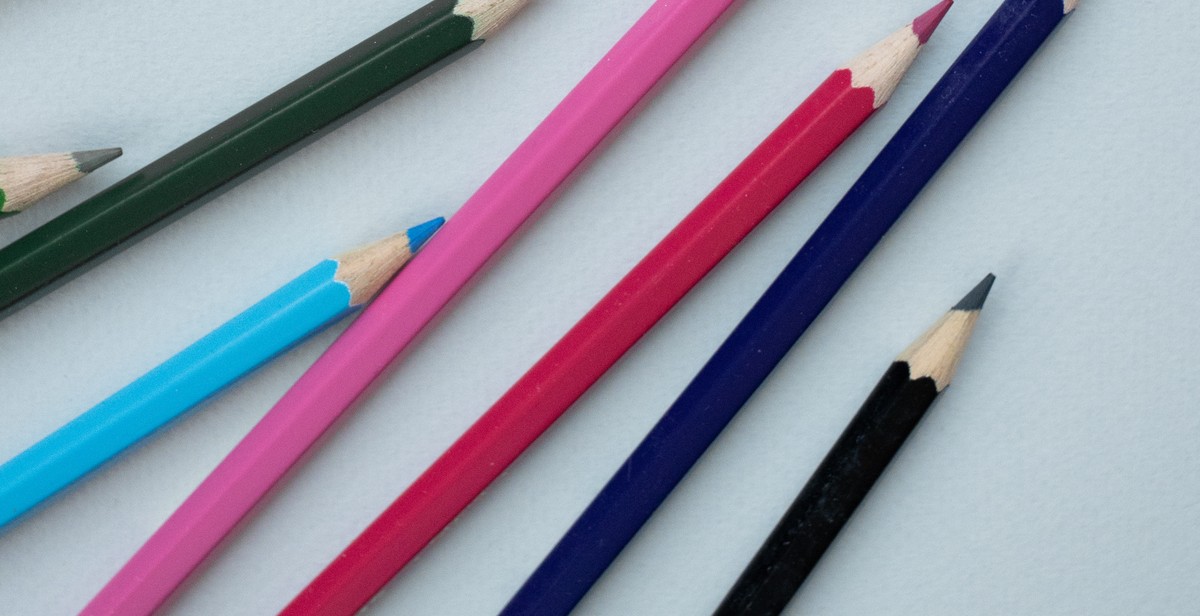
Bluffing Tips and Tricks
Bluffing is a crucial part of poker and can be a powerful tool in your arsenal if used correctly. Here are some tips and tricks to help you bluff effectively:
Mixing Up Your Play
One of the biggest mistakes novice players make is bluffing too often or not enough. To be an effective bluffer, you need to mix up your play and keep your opponents guessing. If you always bet when you have a strong hand and check when you don’t, your opponents will catch on quickly and be more likely to call your bluffs. Instead, try bluffing with a strong hand occasionally and betting conservatively when you have a weak hand to keep your opponents guessing.
Bluffing Against Different Types of Players
Not all players are created equal when it comes to bluffing. Some players are more risk-averse and will only call bets if they have a strong hand. Others are more aggressive and may call your bluff even if they have a weak hand. To bluff effectively, you need to adjust your strategy based on the type of player you’re up against. Against a risk-averse player, you may need to be more conservative with your bluffs and only bet when you have a strong hand. Against an aggressive player, you may need to bluff more frequently to keep them off balance.
Knowing When to Give Up
Bluffing can be a powerful tool, but it’s important to know when to give up. If you’re consistently getting called on your bluffs, it may be time to reevaluate your strategy. Continuing to bluff in this situation will only lead to losses. Likewise, if you’re playing against a particularly observant player who seems to be able to read your bluffs, it may be best to avoid bluffing altogether.
- Mix up your play to keep opponents guessing
- Adjust your strategy based on the type of player you’re up against
- Know when to give up and reevaluate your strategy

Conclusion
Mastering the art of bluffing is a crucial part of becoming a successful poker player. While it may seem daunting at first, with practice and patience, anyone can become proficient at bluffing.
Remember to always observe your opponents and adapt your strategy accordingly. Don’t be afraid to take risks and try new tactics. However, it’s important to also know when to fold and cut your losses.
When bluffing, it’s crucial to remain calm and composed, and not give away any tells. Misdirection and deception are key elements of a successful bluff.
Additionally, it’s important to consider the context of the game and the players you’re up against. A successful bluff in one game may not work in another.
Finally, don’t forget that bluffing is just one aspect of poker. It’s important to also have a solid understanding of the game’s rules, strategies, and odds.
- Observe your opponents and adapt your strategy accordingly
- Remain calm and composed when bluffing
- Consider the context of the game and the players you’re up against
- Remember to also have a solid understanding of the game’s rules, strategies, and odds
By following these tips and practicing regularly, you can improve your bluffing skills and increase your chances of winning at poker. So go ahead and give it a try – you never know, your next bluff could be the one that wins you the pot!


